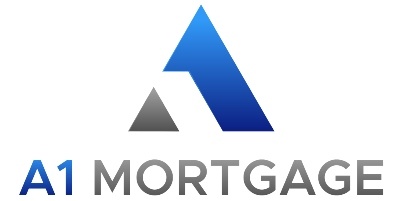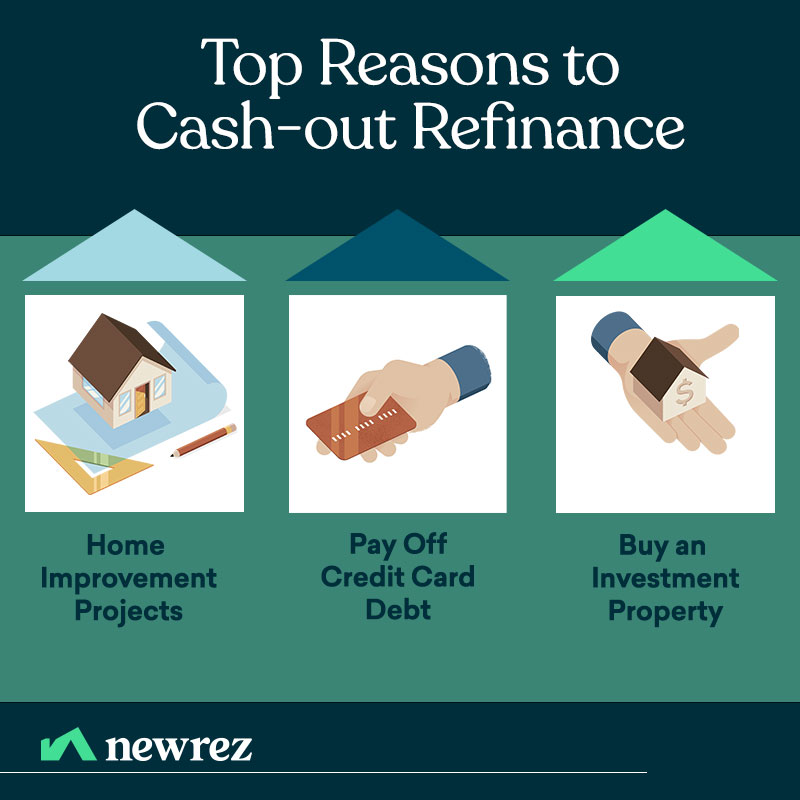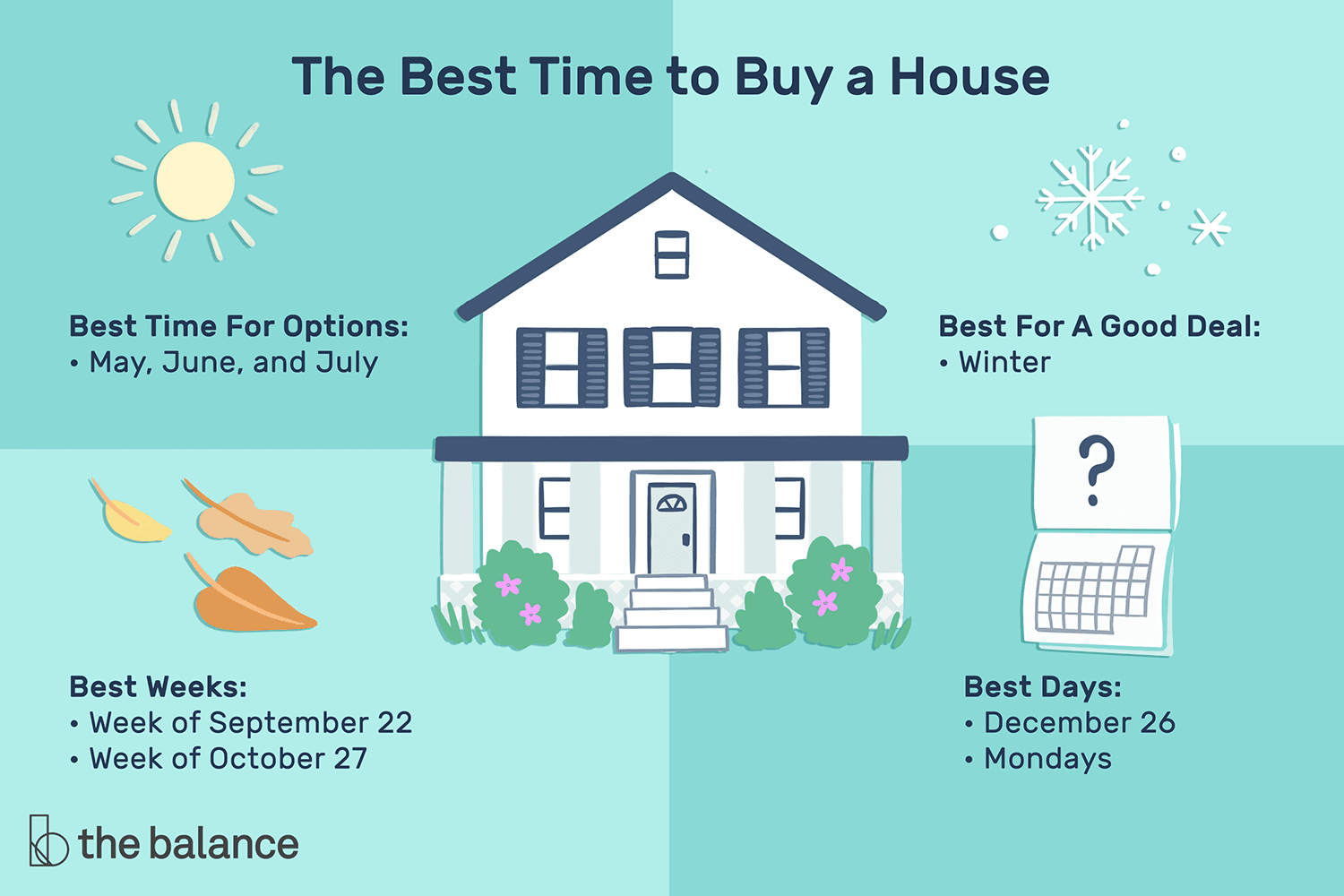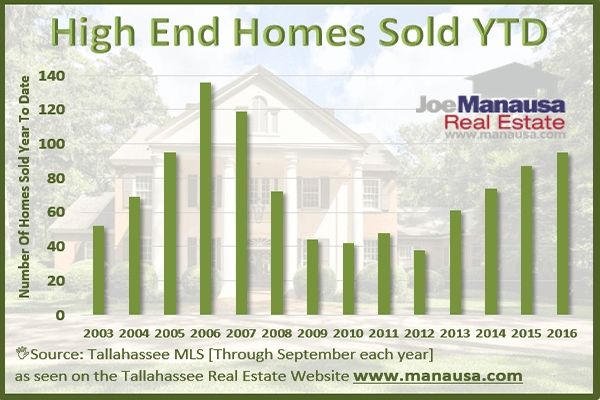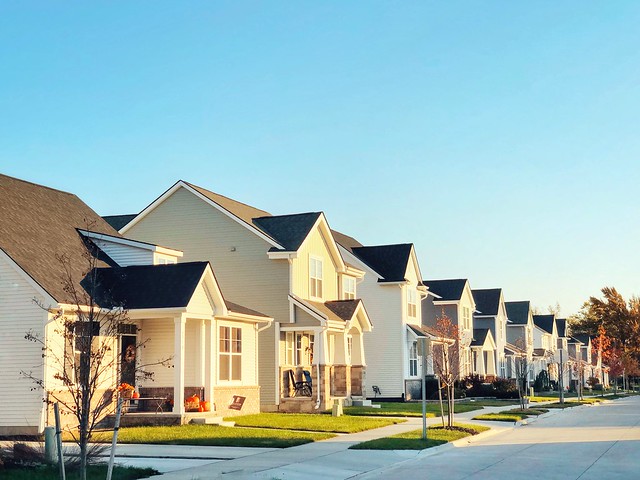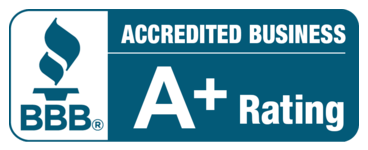A cash-out refinance allows homeowners in Missouri to tap into their home equity by borrowing more than what they currently owe and is a common choice for those looking to make home improvements or consolidate debt.
When considering a cash-out refinance, borrowers should compare offers from multiple mortgage lenders to get the best rate and terms. In addition to interest rates, borrowers should also consider the type of loan they are looking for, as many different types of cash-out refinance products are available.
In our last blog post, we talked about what a cash-out refinance is and how it works. Today, we’re going to take a closer look at the interest rates and the different types of loans available for cash-out refinances.
What are the Interest Rates for a Cash-Out Refinance?
Interest rates associated with cash-out refinancing typically range from 0.125% to 0.5% higher than no cash-out refinance loans. As with any mortgage product, the interest rate you receive for your cash-out refinance will significantly depend on your credit score, LTV, and the equity you have in your home.
Borrowers with excellent credit scores of 760+ can expect interest rates as low as 3.375%. Conversely, borrowers with lower credit scores may have to pay interest rates as high as 5.0%.
What are the Pros and Cons of a Cash-Out Refinance?
Before taking out a cash-out refinance, borrowers should weigh both the pros and cons to see if this type of loan is the right step.
Pros:
Low-Interest Rate
Though cash-out refinance interest rates tend to be higher than rates for purchase loans, you might still end up with a lower interest rate if mortgage rates were higher when you first bought your home.
For example, in 2018, the average rate for a 30-year fixed-rate mortgage was 4.54%. If you bought your home at that time and refinanced in 2020 when rates are considerably low, you could save money by doing a cash-out refinance. However, if you only want to lock in a lower rate and don’t need cash out, you might be better off doing a rate and term refinance.
Just One Loan
A cash-out refinance allows you to replace your existing mortgage with a new loan that includes the original loan balance plus the amount of cash you’d like to take out. This means you’ll only have one monthly mortgage payment to make instead of two.
In addition, if you have home equity loans or lines of credit, you can pay those off with a cash-out refinance, which will save you money on interest payments.
Debt Consolidation
If you have high-interest debt, such as credit card debt, a cash-out can be an excellent way to consolidate that debt into a lower interest rate loan. This can save you money on interest payments and help you pay off your debt quicker.
Access to Home Equity
A cash-out refinance gives you access to the equity you’ve built up in your home. This can be used to make home improvements, consolidate debt, or pay for major expenses such as a wedding or college education.
Cons:
Foreclosure Risk
Taking out a cash-out refinance means you’re taking on a larger loan balance than you currently owe. Because your home is the collateral for any mortgage, you could lose your home if you can’t make the payments.
If you do a cash-out refinance and use the money for something other than home improvements, such as credit card debt or finance college tuition, you will pay off unsecured debt with cash that is secured by your home. A move that could put your home at risk if you fall behind on payments.
Closing Costs
As with any mortgage refinance, you will pay closing costs when you do a cash-out refinance. These costs can range from 2% to 5% of the loan amount– that’s $4,000 to $10,000 on a $200,000 refi loan. This can take a big chunk out of the money you’re hoping to get from your refinance.
To avoid paying these high costs, you might want to consider a no closing cost refinance, which will allow you to refinance your home without having to pay any upfront fees.
Time-Consuming
A mortgage cash-out refinance can be a time-consuming process. First, you have to apply for the loan and then go through the underwriting process, taking several weeks. After that, you have to wait for the loan to close, taking another few weeks.
If you’re looking for a quick way to get cash out of your home, a cash-out refinance might not be the best option. Instead, a home equity loan or home equity line of credit (HELOC) might be a better choice as they usually have a quicker approval process.
PMI
If you have less than 20% equity in your home, you’ll likely have to pay Private Mortgage Insurance (PMI), which protects the lender in case you default on your loan. The cost of PMI varies but is usually 0.55% to 2.25% of the loan amount. This means a PMI of 1% on a $200,000 loan would cost you an extra $2,000 per year.
This is one of the most significant disadvantages of a cash-out refinance, as it can negate any of the potential savings you might have gotten from refinancing in the first place.
New Terms
Your new mortgage will have different terms than your old one. This includes a new interest rate, loan term, and monthly payment. While a cash-out refinance can be beneficial, make sure you understand what you’re getting into before signing on the dotted line.
Be sure to compare the new terms of your cash-out refinance with your current refinance mortgage company to ensure it’s the best option for you.
Types of Cash-Out Refinance Loans Option
There are two main types of cash-out refinance loans: conventional and government-backed.
Conventional:
Homeowners can refinance a cash-out whenever they wish to tap into their home equity or lower their mortgage interest rate. Without restriction, a borrower can refinance a cash-out loan under Fannie Mae or Freddie Mac guidelines. These loans can be used to access the required amount of cash out of your home for any purpose.
Guideline for conventional cash-out refinance loans:
- You can borrow up to 80% of your home’s value. If you have a loan worth more than 80% of your home’s value, you will be required to pay private mortgage insurance (PMI). In the case of a vacation home or investment property, the LTV is 75%.
- Your debt-to-income ratio should be no more than 45%. This means that your monthly debts shouldn’t be more than 45% of your monthly income.
- You will need a credit score of at least 640 to qualify for a cash-out refinance loan. However, the higher your credit score is, the better interest rate you will get.
Government-Backed:
The two main government-backed loans are FHA and VA loans.
FHA:
Suppose you have built up good equity in your home and are considering ways to leverage that equity and turn it into cash. In that case, an FHA cash-out refinance loan could be a great way to lower your monthly payments, shorten your loan term, or get some money out for home improvements or other expenses.
Guidelines for FHA cash-out refinance loans:
- You can cash out up to 80% of the appraised value of your home.
- You need at least a 640 credit score to qualify.
- Your monthly debts shouldn’t be more than 55% of your monthly income.
- You will be required to pay a mortgage insurance premium (MIP)
VA:
If you are an eligible active-duty service member, veteran, or surviving spouse, you may be able to tap into your home’s equity to do renovations, cover unexpected expenses or pay off debt. You can cash out up to 100% of your home’s value for these purposes.
If you are eligible for a VA loan, you could convert your conventional home equity loan into a low-cost VA cash-out refinance loan and get better terms without paying mortgage insurance.
Guidelines for VA cash-out refinance loans:
- Your certificate of eligibility from the VA will confirm you are eligible for a VA loan.
- You can cash out up to 100% of the value of your home.
- You need at least a 640 FICO score to qualify.
- The home must be your primary residence.
- Your debt-to-income ratio cannot exceed 45%
- Not required to pay private mortgage insurance (PMI)
So is Cash-Out Refinance Right for You?
A cash-out refinance can be a great way to consolidate debt, make home improvements, or pay for other unexpected expenses. However, it’s essential to understand all the risks and benefits before signing on the dotted line. Be sure to speak with your Missouri mortgage lenders to ensure a cash-out refinance is the right move for you.
A1 Mortgage in Missouri offers cash-out refinance loans for government-backed and conventional residential mortgages. We offer competitive rates and terms, so be sure to reach out to us to see if a cash-out refinance is right for you.
